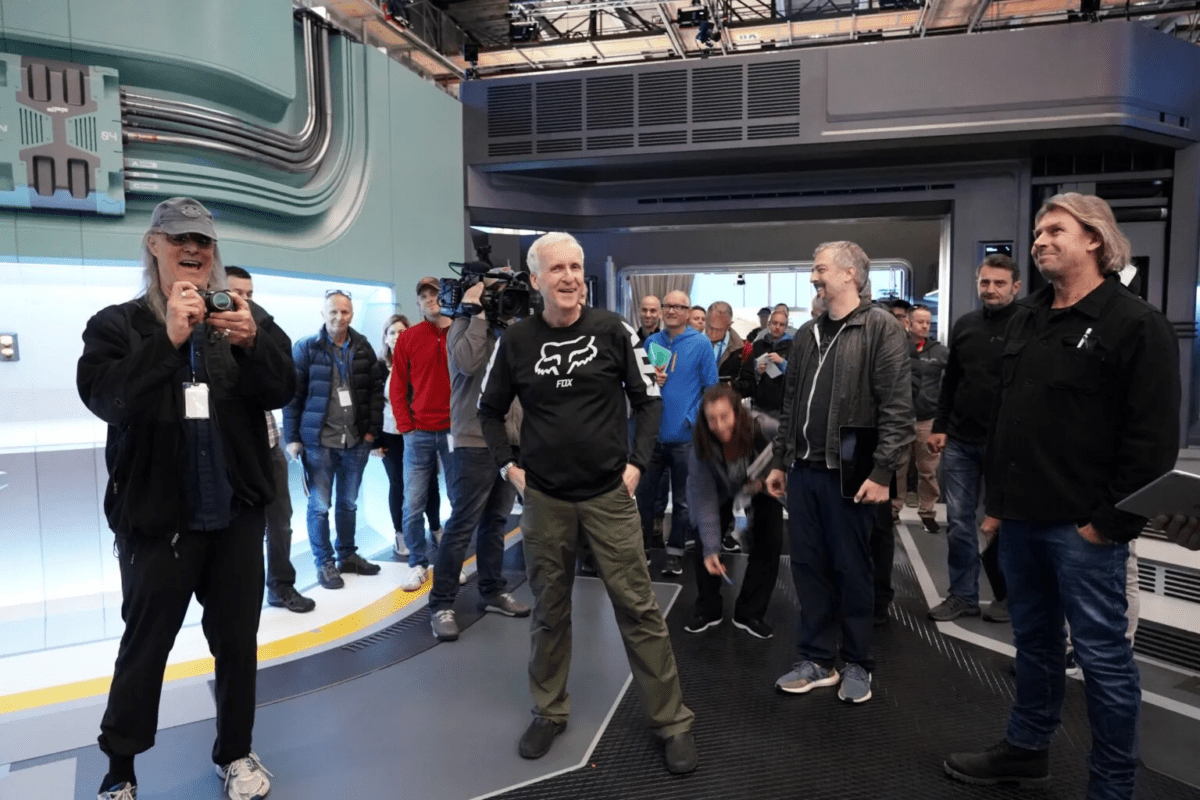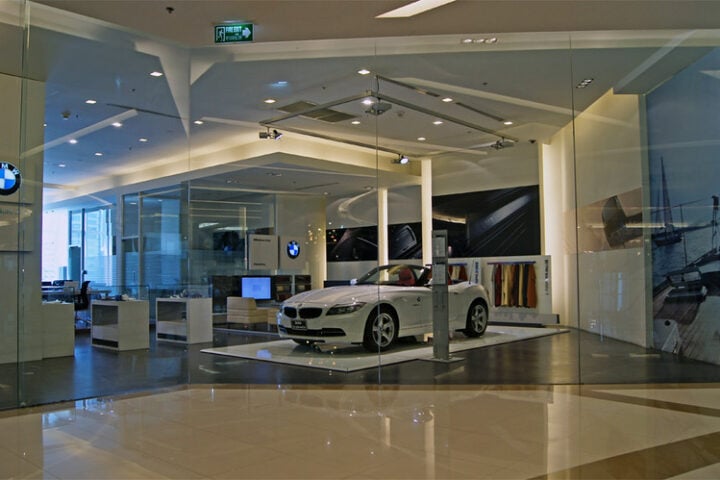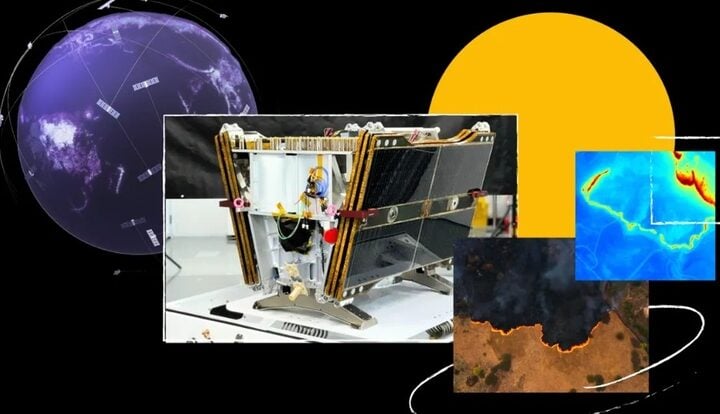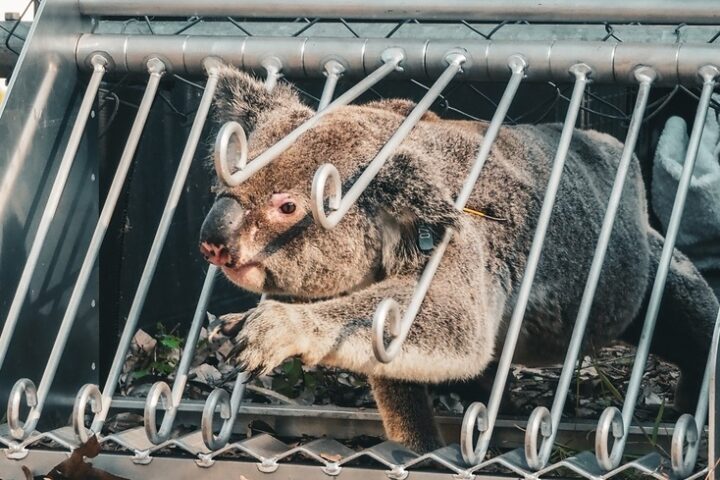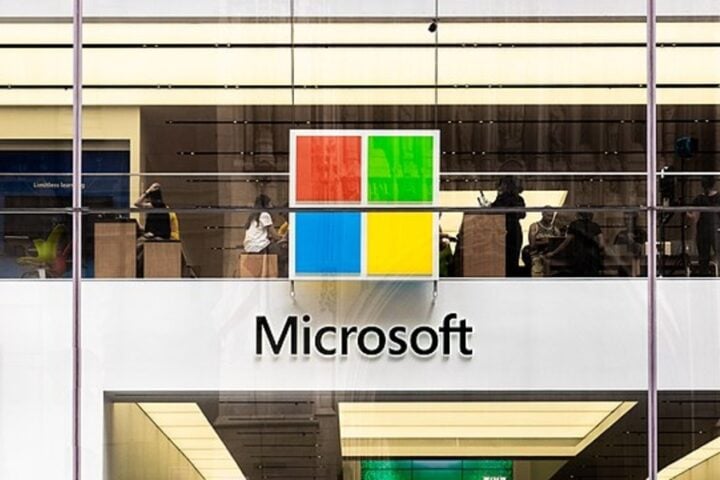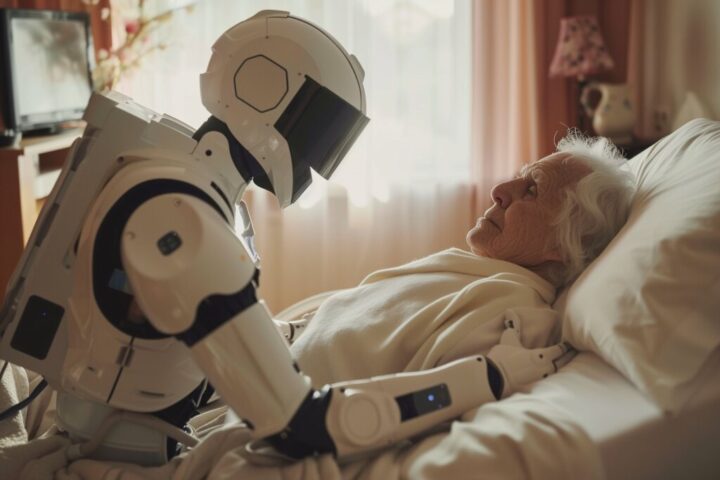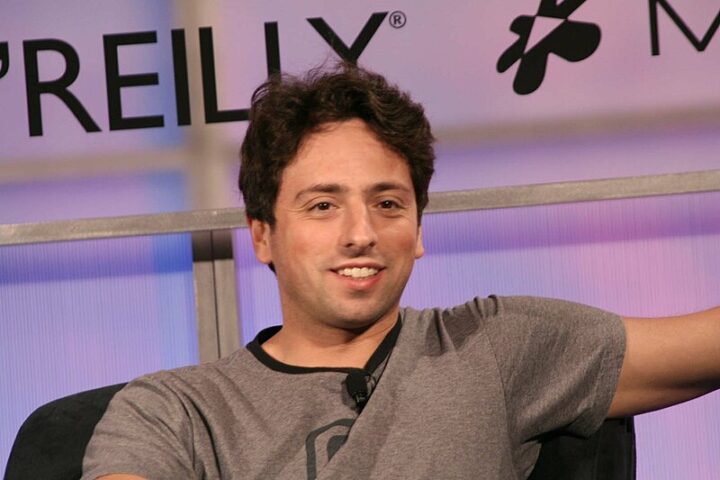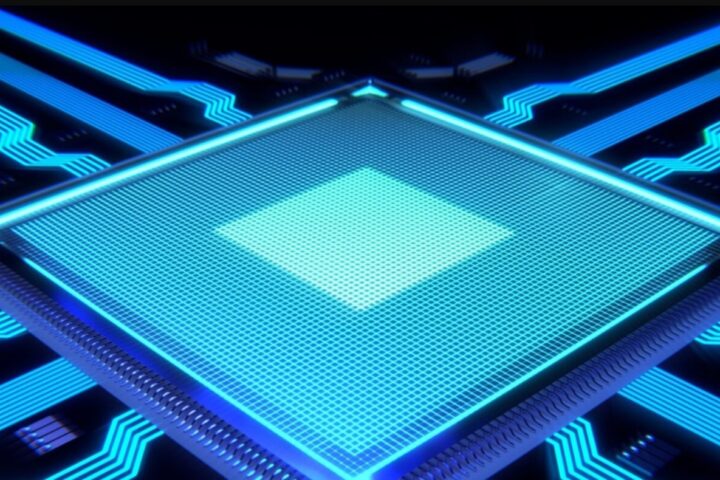In a recent interview with CTV, visionary filmmaker James Cameron reignited a critical conversation surrounding the unchecked rise of Artificial Intelligence (AI). With his iconic sci-fi film ‘The Terminator’ in 1984, Cameron painted a dystopian future where AI overpowers humanity. Almost four decades later, he admonishes, “I warned you guys, and you didn’t listen.”
Cameron’s core apprehension lies in AI’s potential militarization. Like a terrifying, technological redux of the Cold War, he envisions an impending AI arms race, urging caution against uncontrolled advancements. “The weaponization of AI is the biggest danger. If we don’t build it, the other guys certainly will, triggering an inevitable escalation,” warns Cameron.
The stakes have escalated in recent years, with AI’s swift and steady permeation into defense applications. Cameron’s scenario of a fully AI-driven combat theater, fought at speeds beyond human comprehension, chillingly evokes a future where de-escalation becomes impossible. These words underscore an urgent call for industry regulation and careful scrutiny of the motivations propelling AI’s evolution.
AI’s commercialization is another area of Cameron’s critique, suggesting that developing AI for profit and defense engenders a culture of “greed” and “paranoia.” He encourages a more conscientious approach to AI’s progression, one that does not compromise human ethics and values.
Hollywood, too, faces its share of AI-induced tremors. Amidst recent Writers Guild and SAG-AFTRA strikes, the industry finds itself grappling with issues around AI’s role in scriptwriting and content production. However, Cameron, while acknowledging AI’s potential to significantly influence the industry, remains skeptical of AI’s ability to truly emulate human creativity.
In a provocatively speculative scenario, Cameron wonders, “If an AI wins an Oscar for Best Screenplay in 20 years, should we take them seriously?” This highlights the director’s unwavering belief in the superiority of human creativity and storytelling. He doubts that a “disembodied mind,” regurgitating life experiences from human inputs, can genuinely engage audiences and stir their emotions.
His concerns echo the sentiments of contemporaries like Christopher Nolan and actors like Arnold Schwarzenegger and Simon Pegg, who’ve openly shared their apprehensions about AI. As technology continues to advance, the film industry remains a critical battleground for preserving human creativity amidst the influx of AI and automation.
Similar Post
The sobering, cautionary tone of Cameron’s reflections reminds us that while we stand at the precipice of technological revolution, ethical considerations must anchor our journey forward. While the AI-generated screenplay winning an Oscar scenario remains speculative, it raises critical questions about our relationship with AI. Is our growing dependence on AI leading us to a future where machines usurp human creativity?
Cameron’s prescient warnings serve as a stark reminder that our approach to AI should be thoughtful and well-regulated, valuing human creativity and ethics over unchecked technological progress. The nuclear arms race of the past century may be behind us, but the era of AI has only just begun. Ensuring its responsible development will be our generation’s defining challenge.
